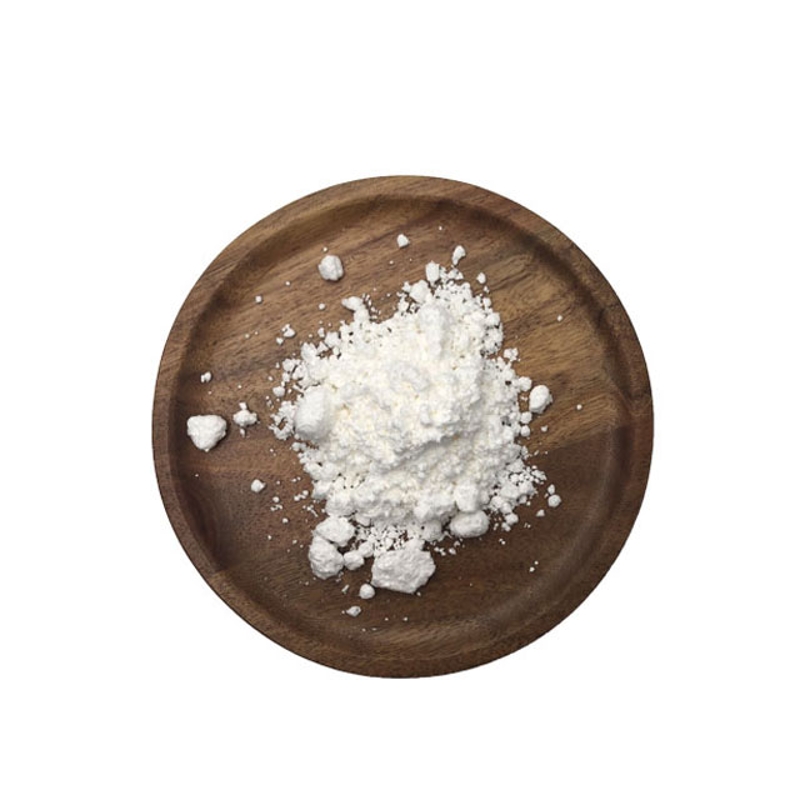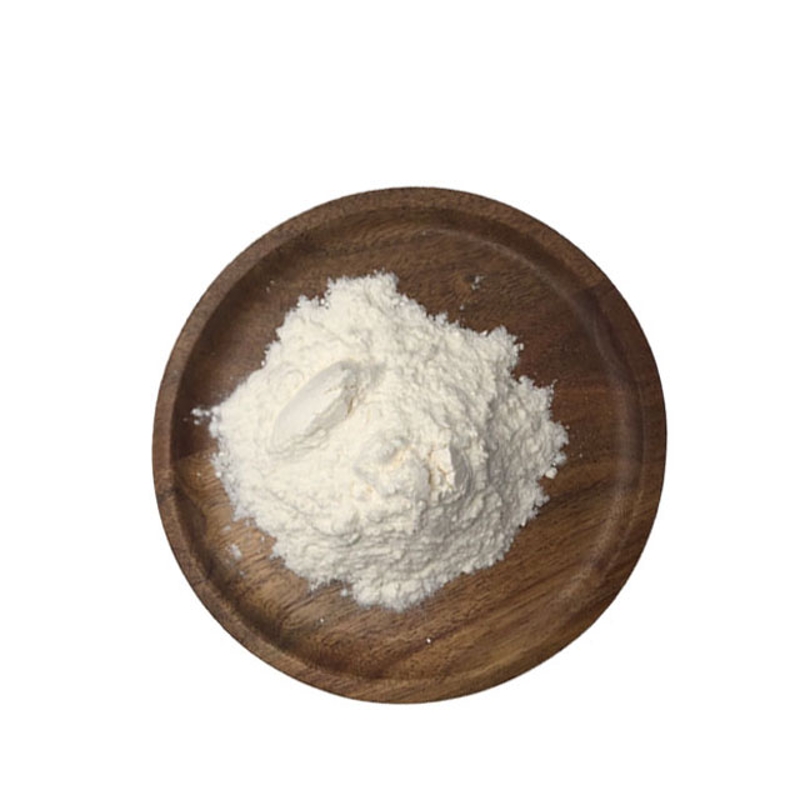100% disease control rate! Keytruda immunotherapy combination 1/2 line of treatment in Asian stomach cancer patients with positive results.
-
Last Update: 2020-07-19
-
Source: Internet
-
Author: User
Search more information of high quality chemicals, good prices and reliable suppliers, visit
www.echemi.com
▎ the Lancet Oncology, a sub Journal of the lancet, recently published the results of a clinical trial conducted by the research team of Japan's National Cancer Research Center.in this open label, single arm, phase 2 clinical trial, researchers used a combination of keytruda (pembrolizumab), a heavy-weight PD-1 inhibitor from MSD, and lenvima (lenvatinib), a tyrosine kinase inhibitor from Eisai, as a first-line or second-line treatment for patients with advanced gastric cancer.the results showed that the combination therapy achieved 100% disease control rate (DCR) and 69% total remission rate (ORR) in patients with advanced gastric cancer.this is the first time that keytruda / lenvima combination has achieved positive clinical results in the treatment of patients with advanced gastric cancer as first-line or second-line therapy, the researchers said in the paper.gastric cancer is a common type of cancer in Asian countries.it is the second most common type of cancer in Japan.in China, it is the second largest cancer after lung cancer.the incidence and death of gastric cancer in China account for nearly 50% of the world.one of the main reasons is that about 80% of Chinese patients with gastric cancer are already in advanced stage at the time of diagnosis.they have fewer treatment options and limited efficacy.keyruda is a heavy-duty PD-1 inhibitor developed by MSD. It has been approved by FDA as a third line therapy for patients with recurrent PD-L1 positive gastric cancer or gastroesophageal junction adenocarcinoma.however, this paper points out that the remission rate of keyruda monotherapy in the first or second-line treatment of these patients is only about 15%, which is not significantly better than chemotherapy. Therefore, it is imperative to develop a combination therapy to overcome the resistance of gastric cancer to PD-1 inhibitors.lenvima is a multi kinase inhibitor that can inhibit VEGF receptor tyrosine kinase and other tyrosine kinase types.in animal experiments, it can significantly reduce the level of tumor associated macrophages and increase the infiltration of CD8 positive T cells, thus enhancing the antitumor activity of PD-1 inhibitors.therefore, researchers from the National Cancer Research Center of Japan evaluated the effect of lenvima combined with keyruda in this phase 2 clinical trial.a total of 29 patients with advanced gastric cancer were recruited in this clinical trial, including 14 newly diagnosed patients and 15 patients treated with a pre treatment.19 patients were PD-L1 positive (CPS & gt; 1), and 10 patients were PD-L1 CPS & lt; 1.further detection of the molecular biological characteristics of the tumor showed that only two patients were MMR deficient patients, with a median tumor mutation load of 10.0 (5.0-15.9).the results showed that at a median follow-up of 12.6 months, 20 out of 29 patients achieved remission, including one patient with a mismatch repair defect.If two patients with mismatch repair defects were removed, the orr of the remaining 27 patients still reached 70%.the remission rates of patients treated with first-line and second-line treatment are very similar.tumors were controlled in all patients, and tumor size decreased in 8 of the 9 stable patients compared with baseline.the median progression free survival (PFS) was 7.1 months, and the median overall survival was not yet achieved.} the maximum tumor reduction rate in patients receiving keytruda / lenvima combination therapy (photo source: reference [1]) further exploratory analysis showed that orr was 84% in PD-L1 positive patients and 40% (4 / 10) in PD-L1 CPS & lt; 1 patients.tumor mutation load (TMB) was assessed in 21 patients, with an orr of 82% in patients with high TMB (TMB & gt; 10) and 60% in patients with low TMB.in the discussion section of the paper, the researchers pointed out that in the phase 3 clinical trial keynote-062, keyruda as the first-line therapy, had an orr of only 16% and PFS of 2.0 months in patients with PD-L1 positive advanced gastric cancer.lenvima showed clinical activity in phase 1 clinical trial, but no patients achieved objective remission.however, the combination of the two drugs achieved 69% Orr and 7.1 months PFS in this clinical trial, and no patients developed disease at the time of the first assessment.these results suggest that the combination therapy significantly improves the clinical outcomes of patients compared with the previous clinical results of monotherapy.the researchers also pointed out that the study was a single center, non randomized study with a small sample size.therefore, its discovery still needs to be verified by confirmatory clinical trials.it is worth mentioning that all the patients recruited in this trial were Japanese patients.subgroup analysis of phase 3 clinical trial ketnote-062 suggests that Asian patients may benefit more from keyruda treatment. the combination of drugs targeting VEGF signaling pathway and immune checkpoint inhibitors has been successful in the treatment of a variety of cancer types in recent years. according to a review published in nature reviews drug discovery last year, this combination model has been approved for the treatment of renal cell carcinoma (pembrolizumab + axitinib; avelumab + axitinib), endometrial cancer (pembrolizumab + lentinib) and non-small cell lung cancer (atezolizumab + bevacizumab + chemotherapy). recently, the combination therapy composed of Roche's PD-L1 inhibitor tecentriq and VEGF-A inhibitor Avastin has also been approved by FDA. This combination has become the first new treatment scheme superior to the standard therapy in more than ten years. Image Source: reference [2] mersadon and Weicai have also carried out a number of clinical studies for the combination of keytruda and lenvima to test their efficacy in a variety of cancer types. we hope that this "strong and strong cooperation" will not only bring good news to patients with gastric cancer, but also benefit more types of cancer patients. References: [1] kawazoe et al. (2020). Lenvatinib plus pembrolizumab in patients with advanced gas cancer in the first line or second line setting (epoc1706): an open label, single arm, phase 2 trial. The lancet ontology, Merck ontology overview, ASCO 2020, retrieved June 24, 2020, Note: the purpose of this article is to introduce the progress of medical and health research, not to recommend treatment options. if you need guidance on treatment plan, please go to a regular hospital.
This article is an English version of an article which is originally in the Chinese language on echemi.com and is provided for information purposes only.
This website makes no representation or warranty of any kind, either expressed or implied, as to the accuracy, completeness ownership or reliability of
the article or any translations thereof. If you have any concerns or complaints relating to the article, please send an email, providing a detailed
description of the concern or complaint, to
service@echemi.com. A staff member will contact you within 5 working days. Once verified, infringing content
will be removed immediately.







